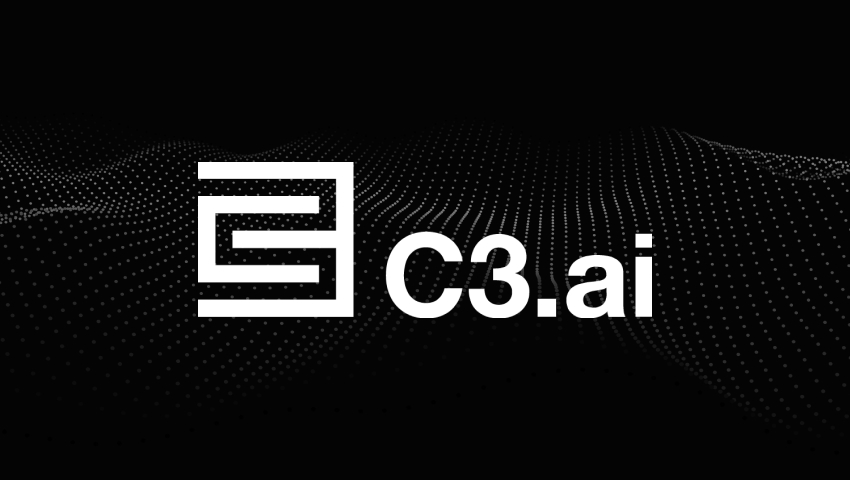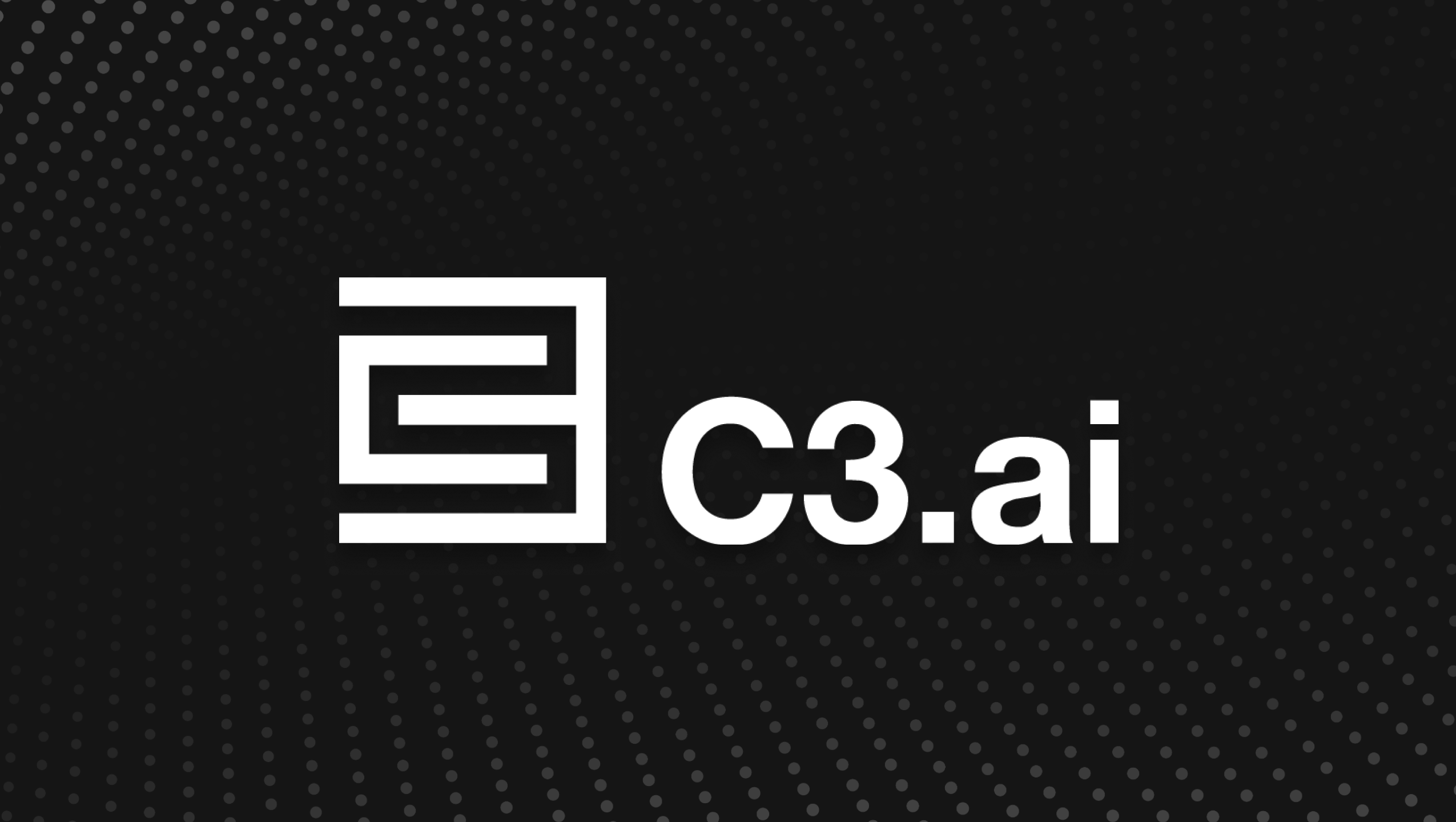Open AI lit a fire under practically anything to do with artificial intelligence at the end of November when the San Francisco company unveiled its ChatGPT software that can compose papers or write code quickly, as well as answer questions put to it in natural language. One of the biggest beneficiaries of that excitement is Redwood City-based C3.ai Inc., which saw its stock (NYSE:AI) nearly double in price since ChatGPT showed the potential of what’s known as generative AI.
More than half of C3.ai’s stock jump came after the company last week debuted a patented enterprise search product that uses a type of generative AI developed by Alphabet Inc.’s Google. C3.ai also said it would integrate ChatGPT into its other products in the future.
“This is going to fundamentally change the model of the enterprise applications we have built,” Siebel said in an interview Tuesday with the Business Journal.
Until now C3.ai has used AI to offer predictive tools to its business and government customers, doing things like forecasting when an oil pipeline might blow or when problems might arise in a critical supply chain. The new product unveiled last week lets customers search data from across their enterprise with simple questions and get reports with charts and graphs.
Generative AI helps C3.ai simplify creating the analytics it offers, Siebel said. “There’s one user interface that practically everyone in the world knows how to use – Google search,” he said. Combining that interface with generative AI and other forms of AI produces a game-changer, Siebel said.
Lt. Gen. Ed Cardon (Ret.), former commanding general of the U.S. Army Cyber Command, agrees. In the announcement of the new product, he said “this technology breakthrough can help dissolve the biggest barrier that we have to effective action, which is access to timely, accurate information and insight at all levels of the organization.”
Despite all of the investor excitement, Siebel said he hasn’t figured out yet how he will seek to monetize the new AI search tool which his customers will get beginning next month. He said he has been primarily focused on getting the product developed and in the hands of customers. “This will be an accelerant to our business because it will make it much easier to adopt,” Siebel said, adding that he projects his company will be a “cash positive, profitable business” within five quarters on an adjusted basis that leaves out some costs.
C3.ai in December reported a second quarter net loss of about $68.9 million, about 21% larger than in the previous year. Revenue grew nearly 26% to $62.4 million.
Unlike many tech companies in the past year, C3.ai grew its workforce. It employs about 867 now, compared to 691 in January 2022. With more customers coming on board, Siebel said he expects to increase employment again this year.
“We have cut back on marketing by a lot and found other places to reduce our costs in order to meet our goal to become profitable,” he said. “We need the people to handle our new business.”
Siebel said he hasn’t paid much attention to the roller coaster ride of C3.ai’s stock since it went public in December 2020, particularly at the start when it went from an IPO price of $42 a share to over $180 a piece in a matter of weeks.
“That was crazy,” Siebel said on Tuesday about the soaring price of his company’s stock in its first weeks. “I have no idea why that happened. I couldn’t wait for it to be over.”
He got his wish there, with the stock dropping more than 90% in the next 18 months, swept up in an investor stampede out of the tech sector amid increased inflation and economic turmoil. Siebel said he has a pretty good feeling about what has happened with both the stock and interest in generative AI in recent months.
Despite the big price jump of recent months, C3.ai stock is still trading nearly 42% below its IPO price. The stock is up more than 8% in early trading on Wednesday, going as high as $28 a share. It has a market cap of about $2.9 billion.
“With the billions of dollars that will be invested by research institutions, Microsoft, Google and others in generative AI, this is going to get pretty interesting before it’s all over,” he said.


